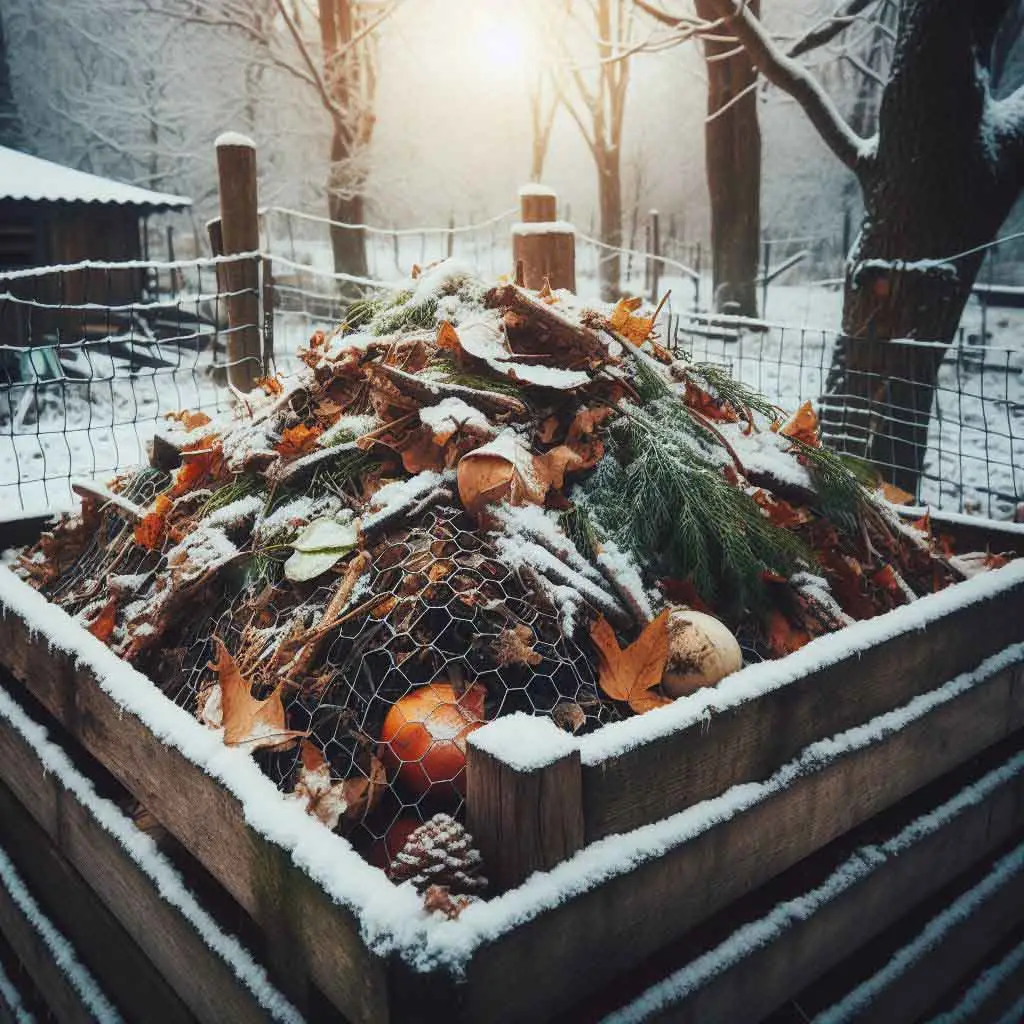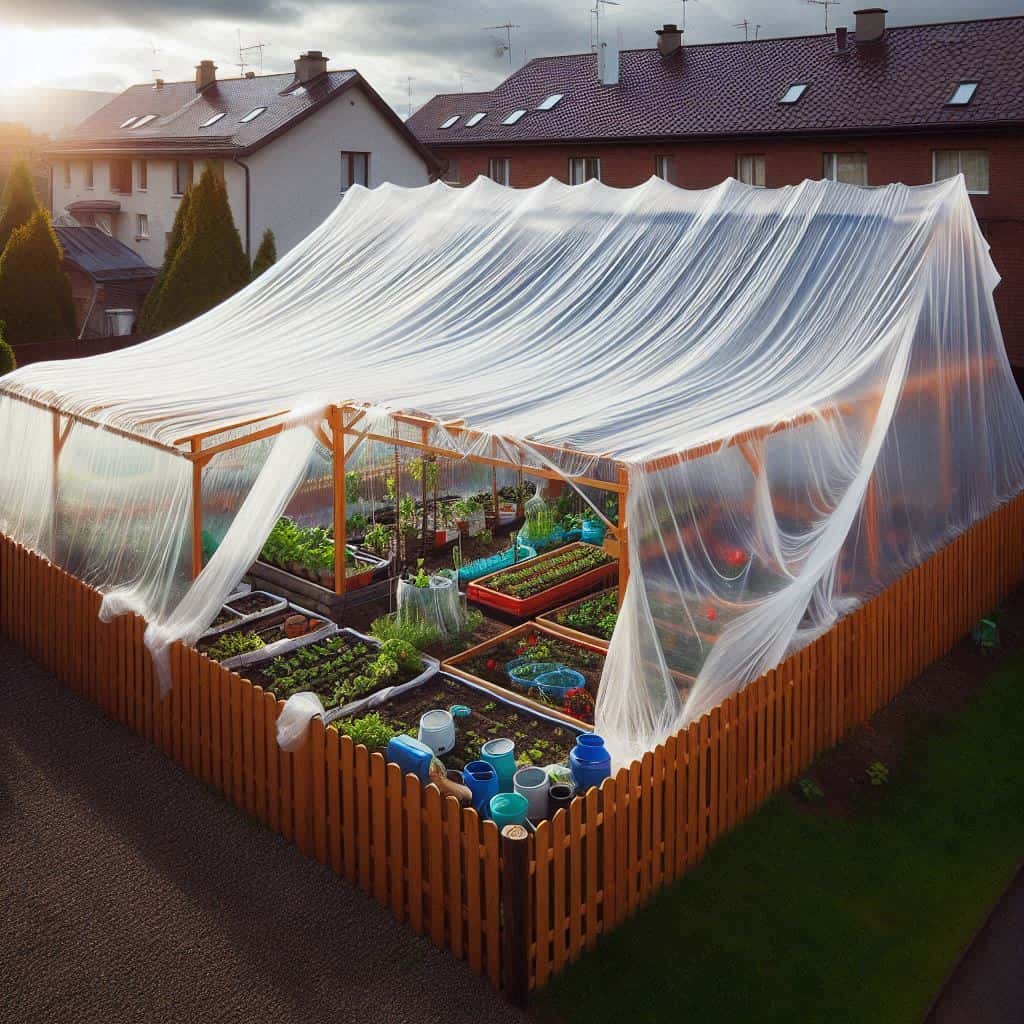Winter, with its low temperatures and snow cover, may not seem like the ideal time for gardeners to tend to their soil. However, there exists an exciting realm of winter gardening known as winter composting that not only sustains microbial activity in the soil but also enriches it with essential nutrients.
Why winter composting?
In many regions, winter leaves the soil unused and often neglected for active gardening. However, winter composting allows gardeners to utilize this period to enhance soil quality. Compost created during winter can be ready for use in the spring when the active gardening season begins.
Winter composting methods
- Thermal insulation of compost piles: Key to winter composting is maintaining warmth within the compost pile. This can be achieved by using layers of insulation materials, such as straw or hay, around the compost heap. This method shields against the cold and enables microorganisms to maintain their activity.
- Utilizing heat-generating materials: Adding materials to compost piles capable of generating heat during decomposition, such as nutshells or certain types of softwood, helps maintain a thermal balance inside the heap.
- Specialized compost containers: In the market for agricultural supplies, various compost containers equipped with thermal regulation are available. These devices create optimal conditions for composting even during low temperatures.
Advantages of winter composting
- Preserving Nutrients: Winter composting helps retain valuable nutrients in the soil that might otherwise be lost due to winter erosion.
- Mitigating Microorganism Dormancy: While many soil microorganisms slow down during winter, winter composting provides conditions for them to maintain their life activities.
- Eco-Friendliness: Winter composting aids in tackling excess waste, such as kitchen scraps and mowed grass, preventing their disposal in landfills.
Practical Tips for Winter Composting
- Moisturizing compost heaps: Winter air is typically dry, so regular moisturizing of the compost heap helps maintain the necessary moisture balance.
- Turning the compost pile: Periodically turning the compost heap assists in the even distribution of heat and accelerates the decomposition process.
- Choosing appropriate materials: Certain materials, like food scraps and plant residues, can be excellent sources of nutrients for your compost.
Winter composting presents an exciting opportunity for British gardeners to make the most of the dormant season for soil improvement. This practice not only ensures the preservation and enrichment of the soil but also allows gardeners to engage in environmentally conscious activities throughout the year.



